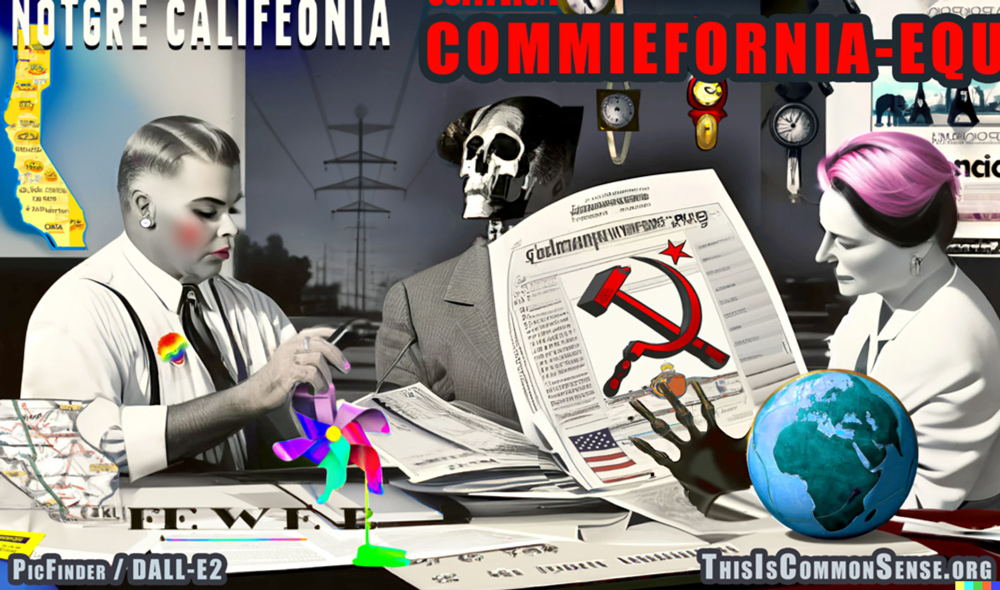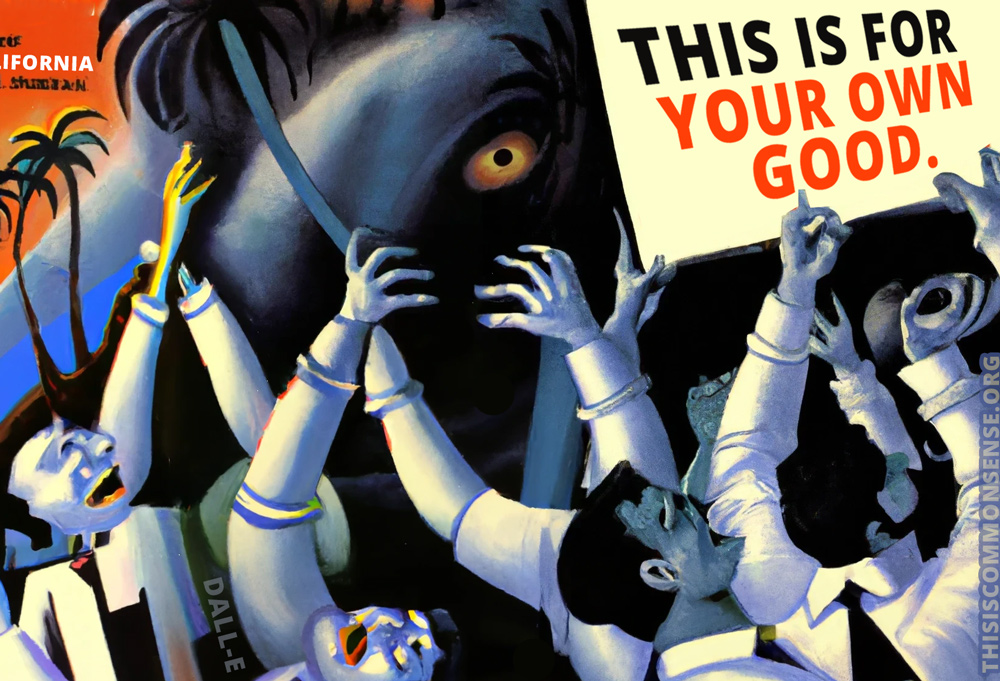The injustices pile up so thick and fast that one can’t really keep track. Some state governments are especially prolific in producing them. Governments like the Deadbeat State, formerly known as the Golden State.
Now businesses in California must pay the price for the state government’s profligacy during the pandemic, when it borrowed $20 billion from the federales to help pay unemployment benefits. California is refusing to repay.
In the budget proposal for 2023-2024, $750 million had originally been set aside to begin repaying this debt. But Governor Gavin Newsom killed the provision. So, in accordance with federal regulations, businesses must take up the slack. Starting in 2023, the unemployment tax rate that businesses will pay, which had been 0.6 percent, is being increased by 0.3 percent until the loan is repaid.
“California is just not really an employer-friendly state,” says Marc Joffe of the Cato Institute. “This one thing will not be a difference between a business remaining open or closing, but it’s just another burden on top of the many burdens the state puts on employers.”
A major contributor to the size of this debt is the state’s failure to act to prevent massive fraud in filings for unemployment benefits. LexisNexis estimates that fraudulent payments amount to more than $32 billion.
California taxpayers must pay for this unsalutary neglect one way or another. But what Newsom has done ends up penalizing businesses in particular.
Yet another reason to avoid doing business in the state.
This is Common Sense. I’m Paul Jacob.
Illustration created with PicFinder.ai
—
See all recent commentary
(simplified and organized)





